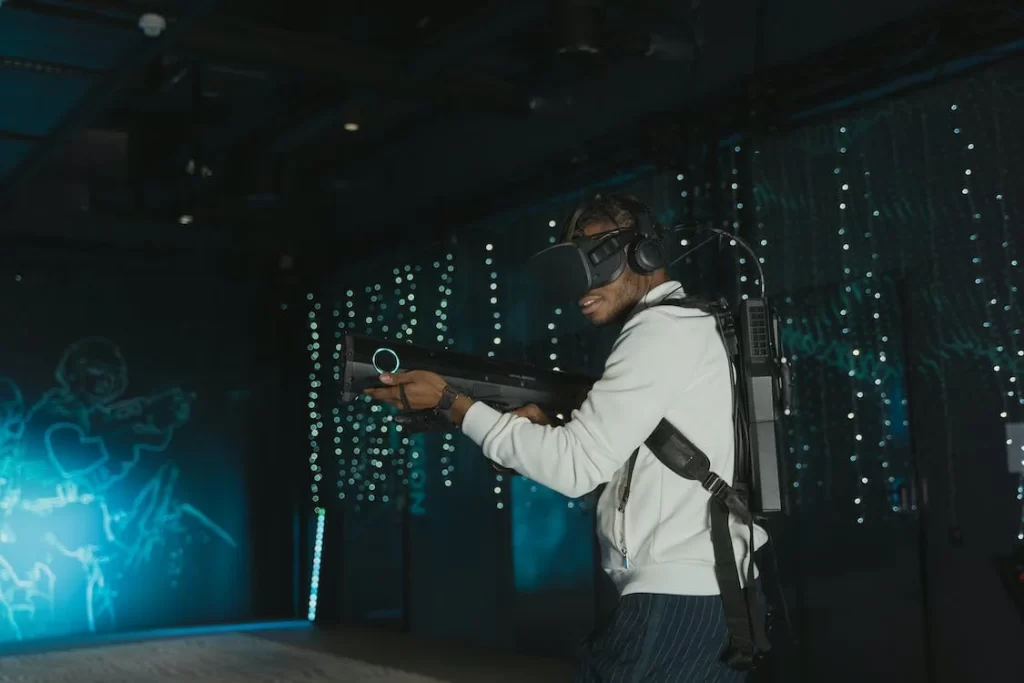When it comes to exploring insurance policies and getting the right coverage, most topics are incredibly mundane. From car insurance to pet insurance, potential policyholders must wade through a long series of considerations to find the right coverage. Given most people have multiple types of insurance policies, the minutiae of handling these can be incredibly boring.
But not all insurance policies are as dry as car, home, and property insurance. Anyone who has heard of a performer or athlete insuring part of their body has probably perked their ears up. Who would have thought celebrities would pay thousands to protect assets like hair, legs, and even nails?
In reality, these types of unique policies are just the tip of the iceberg. The world of insurance is incredibly thorough, detailed, and case-specific. Even things like contests to find the Loch Ness Monster have been insured in the past. If there’s a high-stakes interest, there’s probably an outbacker insurance policy on offer.
Let’s stick to the entertainment industry as we uncover some of the more interesting coverage plans.
Gaming

Gaming is one of the most booming sectors in entertainment. Unsurprisingly, this has led to insurance policies great and small. Let’s focus on the latter first. One of the most interesting types of insurance someone can have in gaming is blackjack insurance.
- Gaming companies may purchase insurance to protect against risks like data breaches, business interruptions, lawsuits, and more. This can help mitigate financial losses from unexpected events.
- Common types of insurance policies purchased include general liability, errors and omissions, cyber liability, property insurance, and business interruption insurance. These cover different risks the gaming company may face.
- General liability insurance covers bodily injury, property damage, personal injury, and advertising injury liability claims. This protects if a player claims injury from a gaming device or files lawsuit for harm.
- Errors and omissions insurance covers claims arising from mistakes, negligent actions, or failure to act. This is important for gaming companies who provide services.
- Cyber liability insurance covers costs related to data breaches, computer virus transmission, and cyber attacks. This is crucial as gaming companies store massive consumer data.
- Property insurance covers damage to physical property and assets in case of events like fires, natural disasters, vandalism, and more. This protects gaming office spaces and equipment.
- Business interruption insurance covers income loss from suspended operations due to covered events. This ensures temporary shutdowns do not sink the gaming company.
- Carefully evaluating risks and insurance needs is important for gaming firms to manage costs. But adequate coverage provides an essential shield against massive losses.
The ins and outs of blackjack insurance rules are fairly straightforward. A player can pay extra to protect their bet when it’s likely the dealer will hit 21. Should the dealer hit 21, the player who paid for insurance will break even. Because blackjack is largely driven by probabilities, many players choose to protect their bets with insurance.
Let’s zoom out from the example of blackjack to focus on eSports. Esports is a multi-million-dollar industry. Elite teams today stick to training regimes just like professional sports teams—and given the level of competition, hacking is never out of the question. To protect themselves against hacking threats, teams like FaZe Clan and Cloud 9 have hacking protection built into their policies.
INSERT IMAGE >>> https://images.pexels.com/photos/167636/pexels-photo-167636.jpeg?auto=compress&cs=tinysrgb&w=1260&h=750&dpr=2 >>> Photo
Music Industry
As outlined above, many musical performers insure parts of their body. Jonathan Antoine, for example, has his vocal chords insured. Taylor Swift, on the other hand, has a hefty policy for her legs. But let’s take a more interesting look behind closed doors to uncover an increasingly popular policy for musicians.

- Musicians need instrument insurance to cover their cherished guitars, drums, and other pricey gear if anything happens while touring or transporting equipment to gigsky.. Replacing these tools would be costly without coverage.
- General liability insurance is crucial for protecting bands if a fan gets injured at a heated mosh pit concert and decides to file a lawsuit.. Policies cover legal fees, court costs, and any settlement payouts within the liability limits.
- Event cancellation policies allow bands to recoup non-refundable costs like studio time and promotion if they have to scrap a big concert or festival performance.. These policies can literally save the show when bad luck strikes.
- Health insurance that includes hearing loss coverage is important for musicians.. Loud amplifiers at performances day in and day out can take a real toll over the course of an artist’s career.
- Media liability insurance handles copyright infringement claims if a musician improperly samples another artist’s work.. Even false accusations are expensive to legally defend without coverage backing you.
- Intellectual property insurance helps pay for lawsuits around trademark or patent disputes.. Aggressive legal actions over creations like iconic band names or gear can drag on for years.
- While insurance cuts into tight profit margins, for working artists it prevents massive debt if serious problems emerge.. Musicians already risk so much chasing their dreams that adequate coverage provides peace of mind.
Homeowners insurance should theoretically protect someone from theft musical instruments included. However, some of the world’s top performers own instruments that are worth more than the average baby grand piano. In these cases, the average homeowner’s insurance won’t be enough to cover a potential theft or damage.
As such, the majority of world-famous musicians who have specialized instruments pay extra in order to have them covered. Sometimes, these policies are tacked on to homeowner’s insurance. Other times, they’re independent policies based on private appraisals.
Hollywood

Let’s move over to one of the most prominent sectors in entertainment: filmmaking. In Hollywood and beyond, production studios pay tens of millions (if not hundreds of millions) in order to produce and release the next blockbuster. It should come as no surprise that studios pay top dollar to insure their latest projects.
But what does the fine print actually say when it comes to shooting surplus a Hollywood-caliber film? After all, the average film crew consists of hundreds of employees and millions in equipment. Every single detail must be insured—from big-name actors to the props they handle to the equipment used to shoot a scene.
- Production insurance covers expensive filming equipment as casts and crews move between sets…plus finished footage in case disaster strikes while editing. This way directors aren’t totally back to square one if something gets damaged or destroyed!
- Event cancellation insurance allows studios to recoup non-refundable costs if a film premiere or awards show gets scrapped last-minute…say because the celebrity talent gets sick. Red carpet events cost big money!
- Intellectual property policies help pay legal bills if studios face lawsuits around trademarks, copyrights or patents…like if another studio claims a movie title or concept was stolen. Even bogus claims must be defended.
- Errors and omissions insurance handles lawsuits if a film’s content like defamatory scenes or unauthorized song use causes financial harm. Legal costs stack up quickly when people sue!
- Key person insurance provides funds to finish production if an indispensable actor tragically dies mid-filming…especially crucial for action franchises led by a single big star!
- While insurance nibbles at thin profit margins, for studios it prevents massive losses if projects sink due to unforeseen circumstances. Tinseltown lives on the edge enough as is!
Cast insurance is one of the most extensive policies studios employ. These protect studios in case actors are sick or injured; this alone has the potential to delay or derail the entire project. Cast aside, the same goes for any animal actors or participants each must be insured. The same goes for massive props like aircraft, and even promotional touring, which should include travel insurance for all parties involved.
One of the most interesting policies is negative insurance. This insurance refers to the old way that films were shot and stored (on film reel negatives). Today, shoots are digitally stored—but they’re still rigorously protected by insurance policies lest a studio lose its final product.

